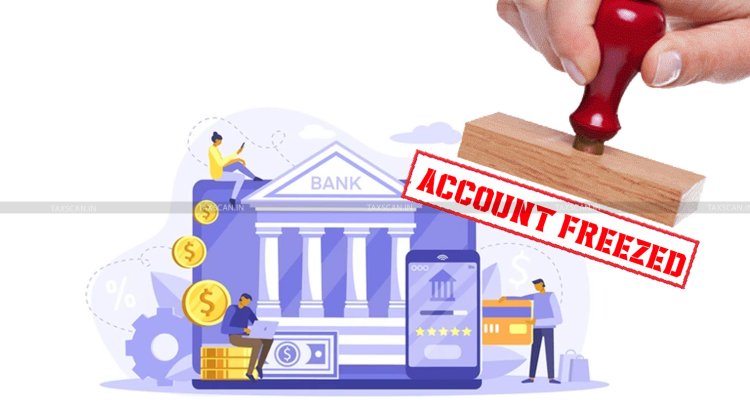16 billion passwords from Google, Facebook, Apple, and other companies were leaked. Modify Yours Right Away!
Cybersecurity researchers have discovered an astounding 16 billion unique login credentials, including passwords, scattered over enormous datasets online in what experts are referring to as the greatest password breach in history. Security experts have issued urgent calls for action in response to this news, which overshadows the previously revealed 184 million credential compromise from May 2024.

Cybersecurity researchers have discovered an astounding 16 billion unique login credentials, including passwords, scattered over enormous datasets online in what experts are referring to as the greatest password breach in history. Security experts have issued urgent calls for action in response to this news, which overshadows the previously revealed 184 million credential compromise from May 2024.
The credentials were found in 30 different publicly available datasets, each with tens of millions to more than 3.5 billion records, according to an examination. The login credentials for well-known services like Facebook, Google, GitHub, Telegram, and even government portals are included in these recently discovered databases.
The researchers noted that these credentials can be used for account takeovers, phishing attacks, and other cybersecurity risks, saying, "This isn't just another breach—it's a blueprint for mass exploitation." The majority of this information is new and actionable, in contrast to recycled breach data, and it signifies a significant increase in digital exposure.
The Part Cloud Misconfigurations and Infostealers Play
Infostealer software, which stealthily gathers login credentials from compromised devices, seems to be the source of the leak. The results of the data collection that these infostealers have been covertly providing to cybercriminal networks are now public knowledge.
Notably, the risk might also be a result of improperly setup cloud systems. Since sensitive information is frequently accidentally released to the public, it is important to remember that this leak is probably just the beginning.
Because of the datasets' structure, which is usually URLs followed by login IDs and passwords, attackers can quickly automate vulnerabilities to compromise several online services.
Is It Time to Give Up Passwords? The Reasons Behind the Rise of Passkeys and Zero-Trust
Experts are repeating their plea for individuals and companies to implement better secure authentication mechanisms in light of the recent exposure of billions of high-value passwords.
Google has already started encouraging users to adopt passkeys, a password-less login method that is more secure against credential stuffing and phishing attempts. Businesses are being urged to adopt Zero Trust security models in the interim, which demand rigorous user authentication for all users, regardless of device or location.
Now is the time to take charge of your digital security.
Experts in cybersecurity emphasize that individual users also play a significant role. People should remain vigilant, according to a security awareness advocate: "Cybersecurity is a shared responsibility." Users need to practice good hygiene by creating strong, one-of-a-kind passwords, avoiding reuse, and, if at all feasible, turning on multi-factor authentication.
Important Suggestions:
1 Immediately change your passwords, particularly if you use the same one for many platforms.
2 To generate and keep secure, one-of-a-kind credentials, use a password manager.
3 Turn on multi-factor authentication (MFA) for all important accounts.
4 Use the tools at your disposal to keep an eye out for dark web alerts and determine whether your credentials have been compromised.
5 On platforms that enable them, switch to passkeys.
Both individuals and organizations should take note of this unusual breach. The danger is already present; it is not coming.
Follow cyberdeepakyadav.com on
Facebook, Twitter, LinkedIn, Instagram, and YouTube
What's Your Reaction?























